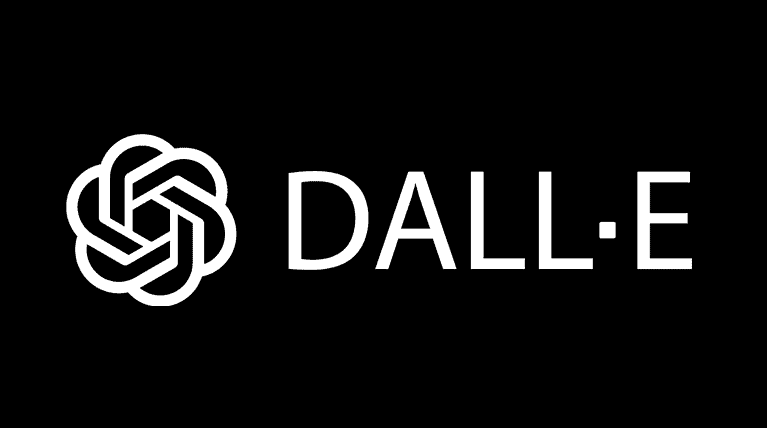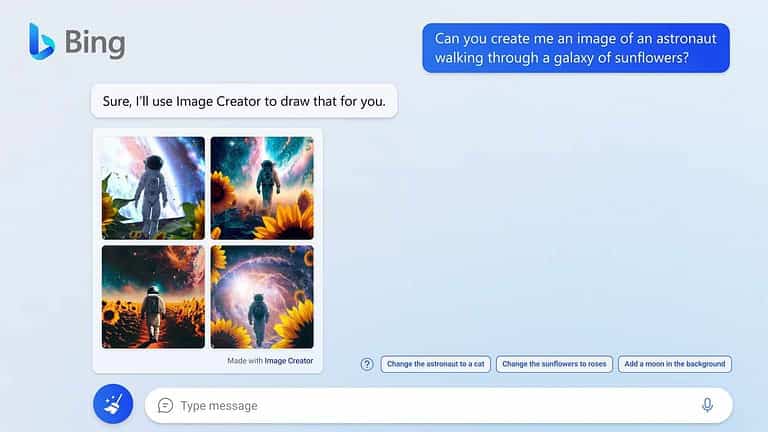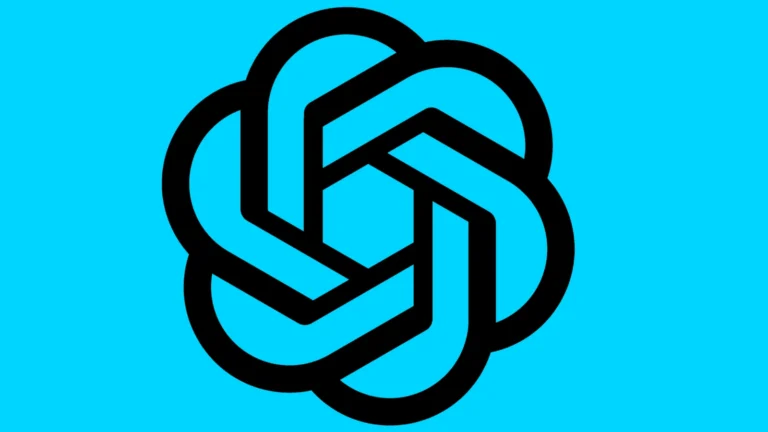
OpenAI’s services, including ChatGPT and Sora, experienced a temporary disruption due to a technical issue, affecting many users. The problem has been identified, and services are being restored. This outage highlights the fragility of AI infrastructure and emphasizes the need for reliability, diverse AI solutions, and transparent communication with service providers. It also stresses the importance of technological advancements and robust governance frameworks to maintain user trust. Stakeholders in the AI community should learn from this incident to improve infrastructure and user engagement for greater reliability.
ChatGPT and Sora Back Online
What Happened?
Users recently experienced a temporary outage with both ChatGPT and Sora, OpenAI’s text and video generation models. Many reported difficulties accessing the services. This disruption caused concern among regular users who rely on these tools for various tasks, from writing assistance to creative content creation.
OpenAI’s Response
OpenAI acknowledged the issue and quickly worked to resolve it. They provided updates through their status page and social media channels, keeping users informed about the situation. While the exact cause of the interruption wasn’t always detailed publicly, OpenAI emphasized their commitment to maintaining service stability.
Service Restored
Both ChatGPT and Sora are now fully operational. Users should be able to access the services without any problems. OpenAI has likely taken steps to prevent similar incidents from happening again, though technical hiccups are a common reality for complex online services.
Impact on Users
Even brief outages can disrupt workflows and projects. People use ChatGPT for various purposes: writing emails, generating code, brainstorming ideas, and much more. Sora, while newer, has generated considerable excitement for its ability to create short videos from text prompts. The interruption highlighted how much users have come to depend on these AI tools. This is a reminder of the importance of redundancy and backup plans for critical tasks.
Key Details of the Outage
| Service | Status | Impact |
|---|---|---|
| ChatGPT | Restored | Temporary access issues reported by users |
| Sora | Restored | Temporary access issues reported by users |
| Company | OpenAI | Acknowledged and resolved the issue |
Short Summary:
- OpenAI services including ChatGPT and Sora experienced a significant outage affecting over 1,500 users.
- The disruption was attributed to an issue with an “upstream provider,” leading to frustrations among users.
- OpenAI has confirmed that most services are now operational and users should expect improved performance.
The Outage
On the evening of December 26, 2024, OpenAI encountered a substantial service outage affecting popular applications like ChatGPT, the application programming interface (API), and the newly launched image generation tool, Sora. The outage began at approximately 2 p.m. ET, creating significant disruption across the platform during the critical hours of use for thousands of individuals relying on these essential AI tools. As reports on Downdetector indicated, over 1,500 users faced glitches, primarily connecting to ChatGPT.
OpenAI promptly addressed the situation via their social media and official status page, indicating, “We are currently experiencing an issue with high error rates on ChatGPT, the API, and Sora,” attributing the problem to an “upstream provider” issue. This revelation highlighted that the disruptions were not solely a result of internal failings, but rather linked to external dependencies that are crucial to the service.
“Most of ChatGPT, the API, and Sora have been down for a couple of hours and we’re sorry for the trouble this is causing,” OpenAI stated.
Recovery Efforts
Despite the initial setbacks, OpenAI assured users that recovery efforts were promptly underway. By early Friday morning, OpenAI reported, “We are almost fully back online now, we appreciate your patience!” Users began to regain access to the functionalities that had previously been disrupted, although the timeline for the complete restoration of ChatGPT was still not clearly defined at that moment.
The prompt responses from OpenAI emphasized a commitment to restoring normalcy and transparency in communications. Users reported that after the initial outage, they encountered an “internal server error” when attempting to access the service, a clear sign of the systems grappling with the aftermath of the technical disruptions.
Historical Context of Outages
This incident is not isolated, as it marks the second significant outage for OpenAI in December alone. Earlier in the month, similar issues interrupted service for a duration of approximately six hours, impacting users globally. Such recurrent outages raise pressing questions regarding the reliability of the systems and highlight the challenges faced by businesses that integrate OpenAI’s technology into their operations.
Reflecting on the situation, OpenAI’s CEO Sam Altman previously noted on X, “We are much, much better at reliability than we used to be, but clearly more work in front of us,” suggesting a recognition of past challenges while also acknowledging the persistent need for improvement.
User Reactions
The public response to this latest outage varied widely, with many users expressing frustration and discontent over the interrupted services. Across social media platforms, especially on X, users vented their frustrations, with one user humorously observing, “This is starting to happen more often,” while another quipped, “I had to go sit with my family, I hope you’re happy.”
These reactions reflect broader concerns regarding reliability and user trust in AI technologies, as more individuals and enterprises are becoming increasingly dependent on these services to facilitate their everyday tasks. In light of the repeated service disruptions, users began to voice skepticism about the performance abilities of platforms like ChatGPT and Sora.
“This is starting to happen more often,” said one user, expressing sentiments shared by many.
Expert Opinions on Service Reliability
Experts have weighed in on the implications of these outages, emphasizing the vulnerabilities that such incidents reveal about the infrastructure of AI services. Dr. Ethan Mollick from the Wharton School pointed out the inherent risks of relying on a single provider for critical services. “Businesses should diversify their AI dependencies to mitigate negative impacts from outages,” he suggested for all organizations leaning heavily on AI tools.
Sarah Miller, a cybersecurity analyst, added to this sentiment by emphasizing the requirements for infrastructural resilience. “These repeated outages indicate possible systemic weaknesses in delivery models. Service providers must invest in strengthening their infrastructures to prevent inconveniences and maintain trust among users,” she articulated.
The Future of AI Services
As OpenAI begins to recover and restore services, broader questions about the future of AI infrastructure loom large. Stakeholders in the AI sector must reflect on the lessons learned from these outages and work towards a more stable and reliable framework for service delivery. Investments in decentralized architecture, for instance, might help reduce single points of failure and improve overall system robustness.
Furthermore, experts like Professor Carissa Véliz highlight the urgent need to evaluate data protection protocols during AI service outages, ensuring that as businesses and users rely heavily on AI-driven platforms, their expectations for security and reliability are upheld even in the face of disruption.
Public Trust and Regulatory Landscape
The effect of these outages goes beyond immediate user inconvenience; they have the potential to erode public trust in AI technologies. As AI tools like ChatGPT integrate more deeply into daily lives, ensuring transparency and accountability becomes paramount. Regulatory bodies might take inspiration from such incidents to create tighter guidelines that mandate operational resilience and encourage broader standards for reliability across the AI landscape.






